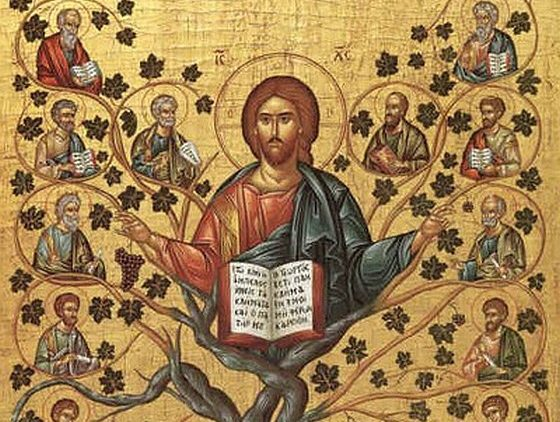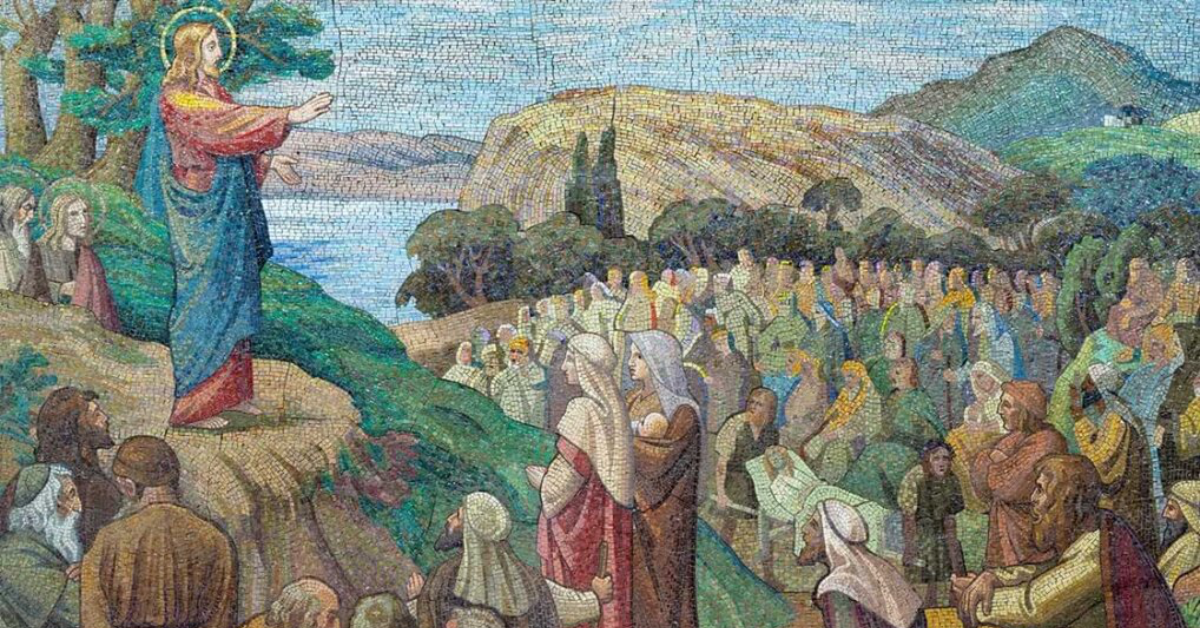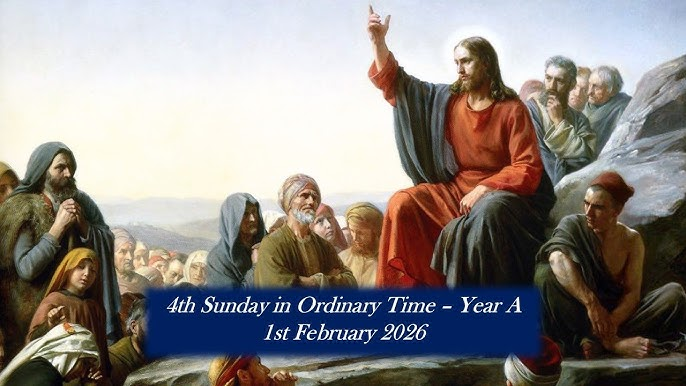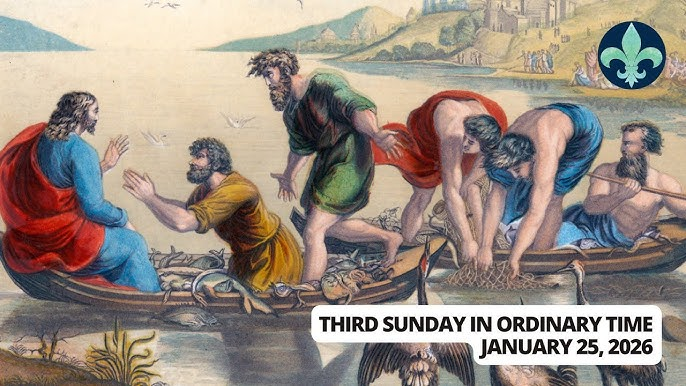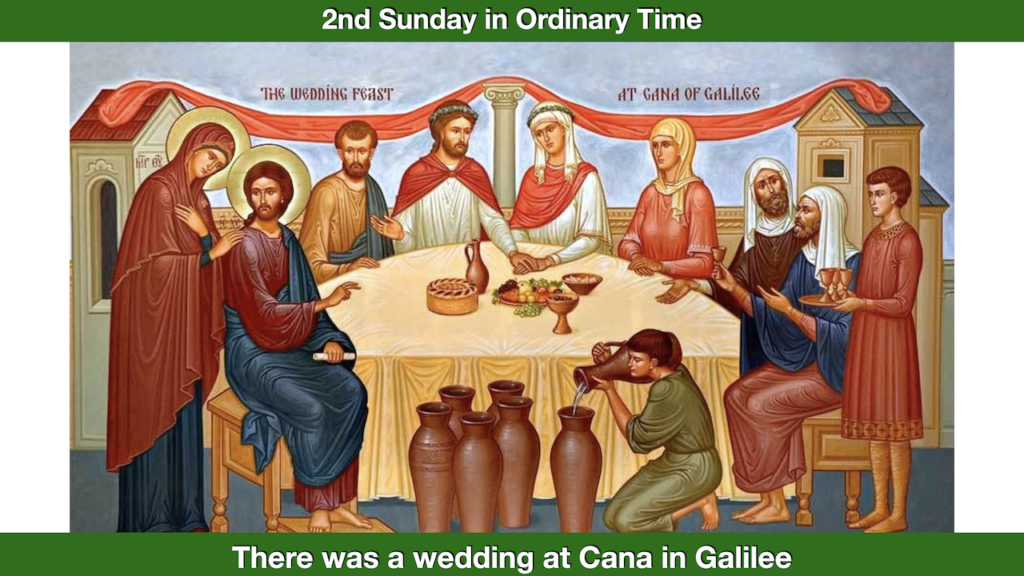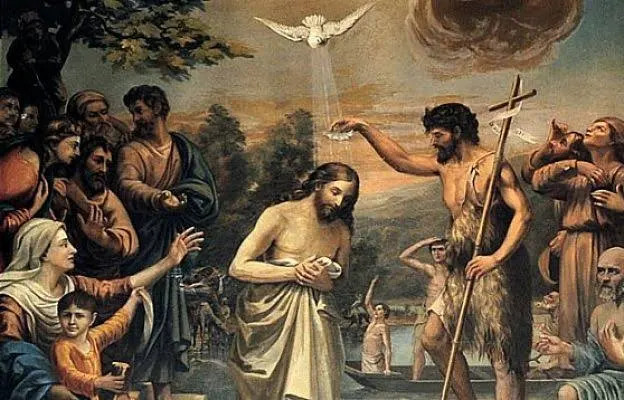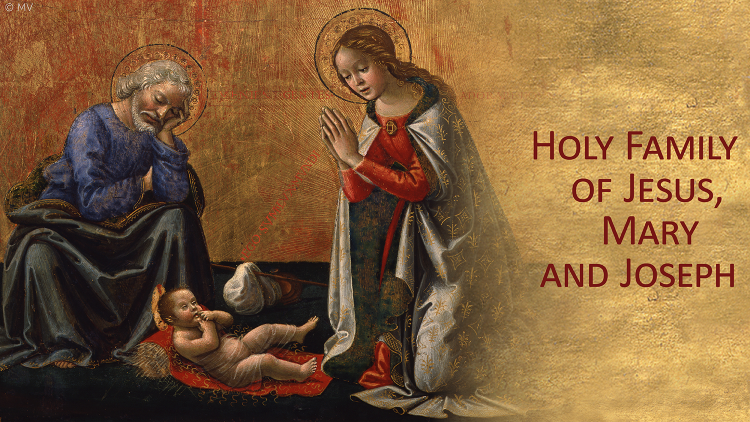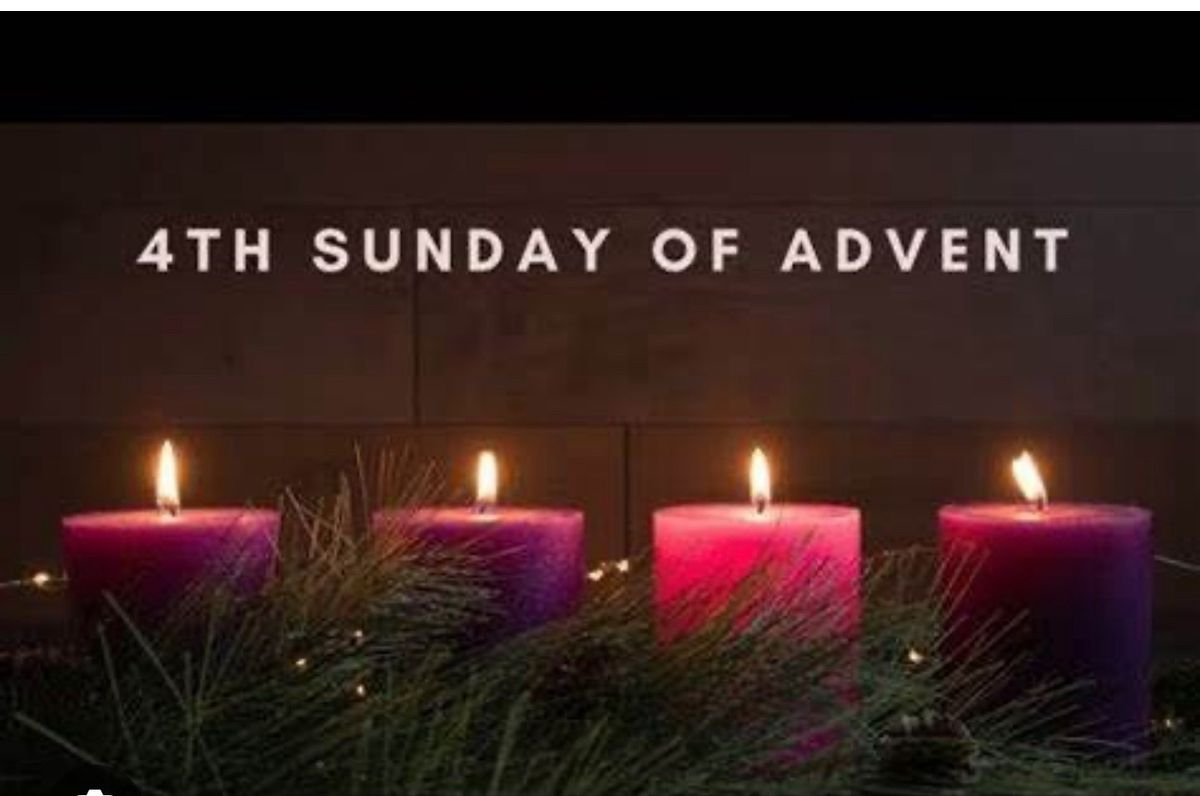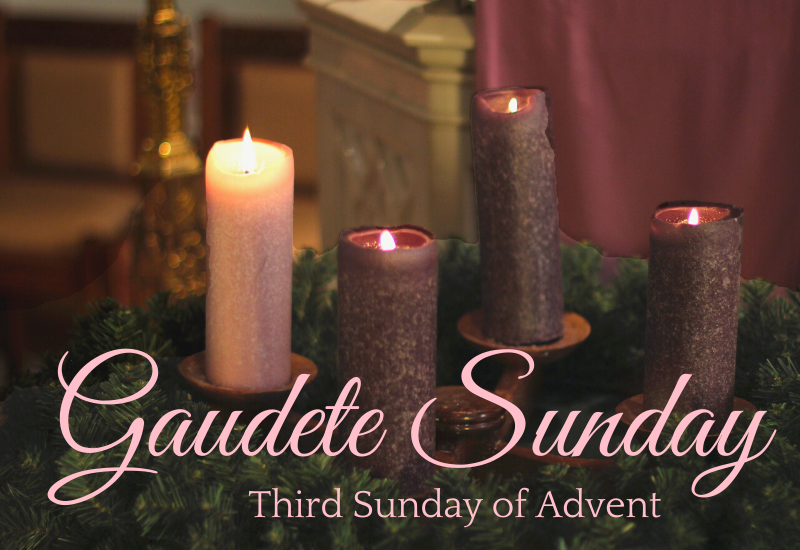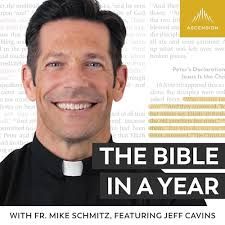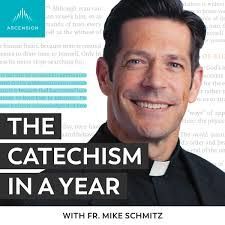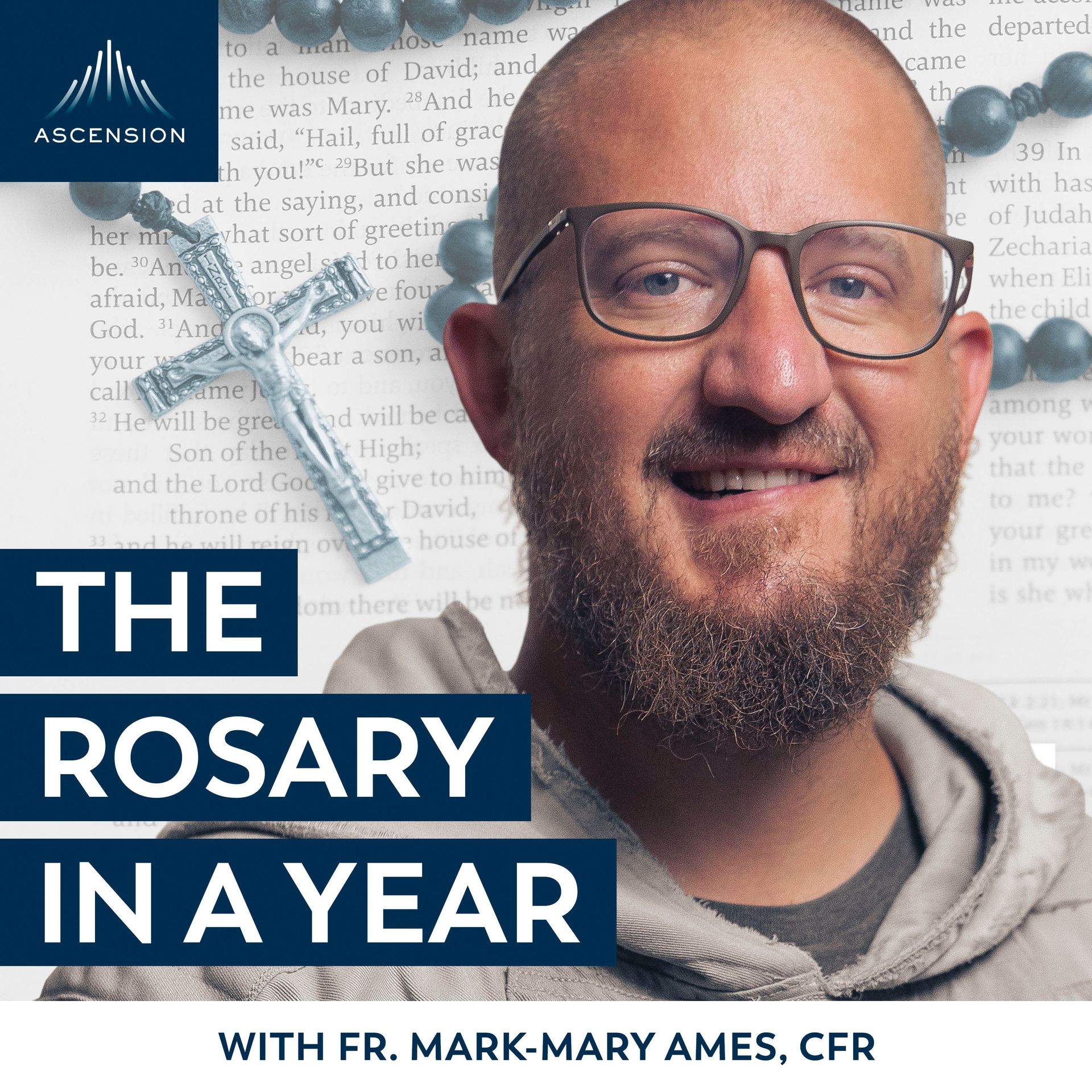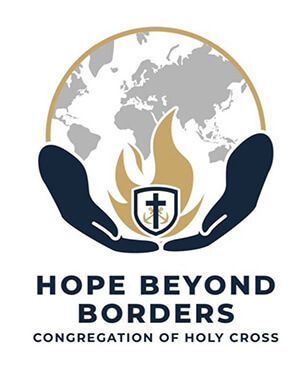Twenty-First Sunday in Ordinary Time, August 27, 2023
Dear Friends,
The 21st Sunday is a crucial weekend to reflect on the true nature of the Catholic Church and how Jesus intended it to be. Peter again shines in the bright light as he acknowledges Jesus to be the Christ, the Son of the living God. For this great gift of grace, Peter is named the “rock” and the keys of the Church are given to him. Let us pray for the gift of this grace to know Jesus as the Christ, the Son of the living God. We also heartily welcome Ricardo Navarrete, from the Friends of LISI, an education institute for teens who live in marginalized communities.
Let us continue to read together the Post-Synodal Apostolic Exhortation of Pope Benedict XVI entitled: Sacramentum Caritatis. This exercise of reading this beautiful exhortation of Pope Benedict XVI in easy digestible portions is intended to help us to gratefully appreciate anew the gift of the Eucharist!
Have a Blessed Week! With love,
Fr. John
W e e k 9 — SA C R A M E N T U M C A R I T A T I S ( T H E SA C R A M E N T O F C H A R I T Y : T H E E U C H A R I ST )
CONTINUATION OF THE POST-SYNODAL APOSTOLIC EXHORTATION SACRAMENTUM CARITATIS OF THE HOLY FATHER BENEDICT XVI TO THE BISHOPS, CLERGY, CONSECRATED PERSONS AND THE LAY FAITHFUL ON THE EUCHARIST AS THE SOURCE AND SUMMIT OF THE CHURCH'S LIFE AND MISSION
P A R T O N E : T H E E U C H A R I ST — A MY ST E R Y T O B E B E L I E VE D ( c ont i nu e d )
“This is the work of God: that you believe in whom he has sent.” (Jn 6:29)
IV. THE EUCHARIST AND THE SACRAMENT OF HOLY ORDERS
IN PERSONA CHRISTI CAPITIS
- The intrinsic relationship between the Eucharist and the sacrament of Holy Orders clearly emerges from Jesus' own words in the Upper Room: "Do this in memory of me" (Lk 22:19). On the night before he died, Jesus instituted the Eucharist and at the same time established the priesthood of the New Covenant. He is priest, victim and altar: the mediator between God the Father and his people (cf. Heb 5:5-10), the victim of atonement (cf. 1 Jn 2:2, 4:10) who offers himself on the altar of the Cross. No one can say "this is my body" and "this is the cup of my blood" except in the name and in the person of Christ, the one high priest of the new and eternal Covenant (cf. Heb 8-9). Earlier meetings of the Synod of Bishops had considered the question of the ordained priesthood, both with regard to the nature of the ministry (69) and the formation of candidates.(70) Here, in the light of the discussion that took place during the last Synod, I consider it important to recall several important points about the relationship between the sacrament of the Eucharist and Holy Orders. First of all, we need to stress once again that the connection between Holy Orders and the Eucharist is seen most clearly at Mass, when the Bishop or priest presides in the person of Christ the
The Church teaches that priestly ordination is the indispensable condition for the valid celebration of the Eucharist. (71) Indeed, "in the ecclesial service of the ordained minister, it is Christ himself who is present to his Church as Head of his Body, Shepherd of his flock, High Priest of the redemptive sacrifice." (72) Certainly the ordained minister also acts "in the name of the whole Church, when presenting to God the prayer of the Church, and above all when offering the eucharistic sacrifice." (73) As a result, priests should be conscious of the fact that in their ministry they must never put themselves or their personal opinions in first place, but Jesus Christ. Any attempt to make themselves the centre of the liturgical action contradicts their very identity as priests. The priest is above all a servant of others, and he must continually work at being a sign pointing to Christ, a docile instrument in the Lord's hands. This is seen particularly in his humility in leading the liturgical assembly, in obedience to the rite, uniting himself to it in mind and heart, and avoiding anything that might give the impression of an inordinate emphasis on his own personality. I encourage the clergy always to see their eucharistic ministry as a humble service offered to Christ and his Church. The priesthood, as Saint Augustine said, is amoris officium, (74) it is the office of the good shepherd, who offers his life for his sheep (cf. Jn 10:14-15).
THE EUCHARIST AND PRIESTLY CELIBACY
- The Synod Fathers wished to emphasize that the ministerial priesthood, through ordination, calls for complete configuration to While respecting the different practice and tradition of the Eastern Churches, there is a need to reaffirm the profound meaning of priestly celibacy, which is rightly considered a priceless treasure, and is also confirmed by the Eastern practice of choosing Bishops only from the ranks of the celibate. These Churches also greatly esteem the decision of many priests to embrace celibacy. This choice on the part of the priest expresses in a special way the dedication which conforms him to Christ and his exclusive offering of himself for the Kingdom of God. (75) The fact that Christ himself, the eternal priest, lived his mission even to the sacrifice of the Cross in the state of virginity constitutes the sure point of reference for understanding the meaning of the tradition of the Latin Church. It is not sufficient to understand priestly celibacy in purely functional terms. Celibacy is really a special way of conforming oneself to Christ's own way of life. This choice has first and foremost a nuptial meaning; it is a profound identification with the heart of Christ the Bridegroom who gives his life for his Bride. In continuity with the great ecclesial tradition, with the Second Vatican Council (76) and with my predecessors in the papacy, (77) I reaffirm the beauty and the importance of a priestly life lived in celibacy as a sign expressing total and exclusive devotion to Christ, to the Church and to the Kingdom of God, and I therefore confirm that it remains obligatory in the Latin tradition. Priestly celibacy lived with maturity, joy and dedication is an immense blessing for the Church and for society itself.
(71) Second Vatican Ecumenical Council, Dogmatic Constitution on the Church Lumen Gentium, 10; Congregation for the Doctrine of the Faith, Letter on Certain Questions Concerning the Minister of the Eucharist Sacerdotium Ministeriale (6 August 1983): AAS 75 (1983), 1001-1009.
(72) Catechism of the Catholic Church,
(73) Ibid., 1552.
(74) In Iohannis Evangelium Tractatus, 123, 5: PL 35, 1967.
(75) Propositio 11.
(76) Decree on the Ministry and Life of Priests Presbyterorum Ordinis, 16.
(77) John XXIII, Encyclical Letter Sacerdotii Nostri Primordia (1 August 1959): AAS 51 (1959), 545-579; Paul VI, Encyclical Letter Sacerdotalis Coelibatus (24 June 1967): AAS 59 (1967), 657-697; John Paul II, Post-Synodal Apostolic Exhortation Pastores Dabo Vobis (25 March 1992), 29: AAS 84 (1992), 703-705; Benedict XVI, Address to the Roman Curia (22 December 2006): L'Osservatore Romano, 23 December 2006, p. 6.
